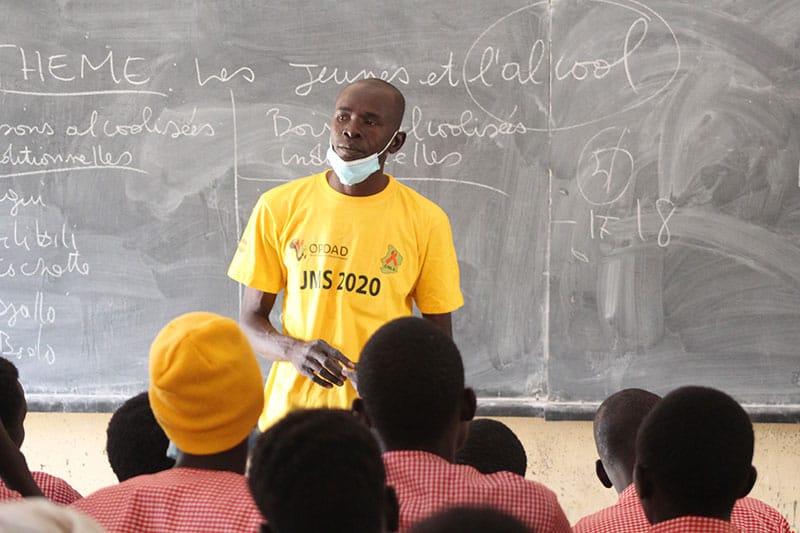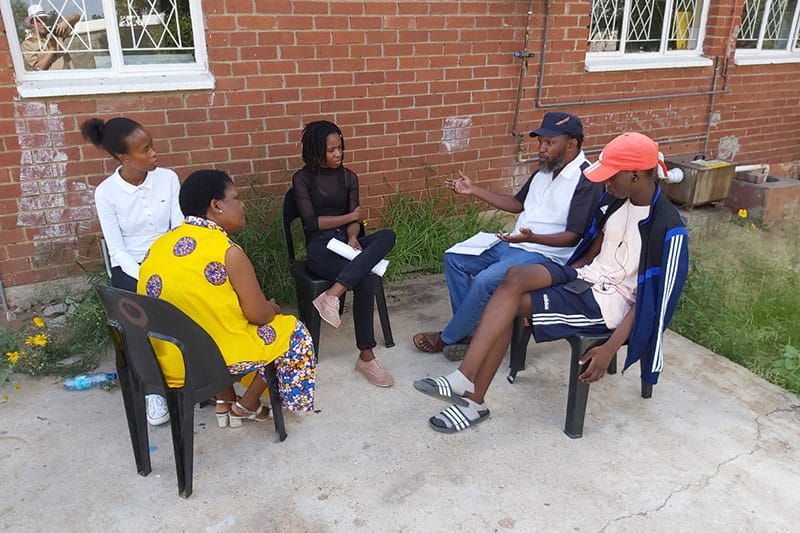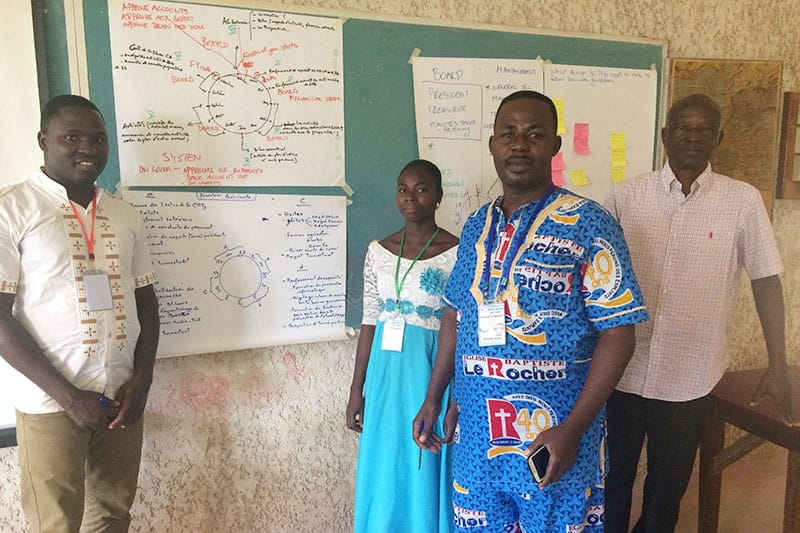Programmes
Empowering vulnerable youth, women, and men in Africa
Quick Facts: Harmed by Alcohol
Globally, the harmful use of alcohol causes approximately 3.3 million deaths every year. This is greater than the proportion of deaths from HIV/AIDS. It becomes more and more clear that alcohol consumption contributes significantly to the spread of infectious diseases such as tuberculosis, HIV/AIDS and pneumonia. Beyond these health consequences, the harmful use of alcohol also inflicts social and economic losses on individuals and society and is one of the greatest obstacles to sustainable development.
Programme overview
Objective:
IBC aims at reducing the negative impact of alcohol and other drug use worldwide and enable societies to live free of violence, oppression, and addiction-related diseases.
Activities:
IBC implements international development cooperation programs by supporting its member organisations to strengthen their knowledge on the financing, planning and implementation of projects. IBC also implements a Life Skills and Peer Education programme in collaboration with four selected local partners in Chad, the Republic of Congo, Togo, and Tanzania.
Approaches:
IBC promotes a comprehensive approach to prevention that combines individual (behavioural) prevention with community action and structural prevention through control policies.
«Information is not enough» is the leading premise of IBC prevention work. IBC prevention programmes consist of three elements which mutually reinforce each other to effect lasting change:
A) Educational measures: which influence the individual behaviour of participants – great importance is placed on the education methodology to ensure that youth can relate to the problem in a participatory, interactive way. The adolescents are enabled to develop and test such skills in a safe environment to achieve a lasting effect on their behaviour. In addition to educating youth, parents, teachers, and community leaders receive education and information on health prevention topics.
B) Mobilisation of local communities: in community mobilisation, the local civil society is sensitised to the harm of alcohol and key persons are trained and educated in exercising their right to freedom of speech. To realise their human rights to defend life in health and dignity, civil society will be informed and enabled to actively advocate for more protective alcohol policies.
C) Improvement of Control policies: structural prevention of substance use requires evidence-based alcohol and other drug policies. IBC is committed to acting, encouraging monitoring of local progress, and highlighting the need to protect alcohol policy development from interference by commercial interests. Local partner organisations receive skills for advocating better local and national policies. Control policies, such as limiting availability and marketing, are needed to protect public health and sustain the positive changes achieved by life skills education and community mobilisation.



